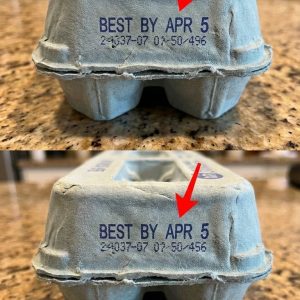Newly declassified FBI interview documents have reignited allegations that Senator Adam Schiff ordered the leak of classified information during the Trump-Russia investigation. According to these records, from 2017 to 2023, an anonymous whistleblower—described as a Democratic intelligence officer working for the House Intelligence Committee—told the FBI that Schiff, then the committee’s ranking Democrat and later chairman, approved leaks of sensitive material intended to politically damage then-President Donald Trump.
The whistleblower claimed Democratic Representative Eric Swalwell was likely the direct source of these leaks, which aimed to advance the “Russiagate” narrative. One FBI interview summary quotes Schiff telling staff in a meeting that the group would leak derogatory classified information about Trump, intended to support his indictment. Swalwell has denied these accusations, calling them politically motivated attacks led by FBI Director Kash Patel.
The whistleblower also alleged that Schiff promised them the CIA Director position if Hillary Clinton had won the 2016 election—a promise unfulfilled after Clinton’s loss. Despite this, Schiff reportedly continued to encourage leaks to undermine Trump’s presidency. The whistleblower claims to have personally witnessed Schiff’s approval of these disclosures but was fired after reporting concerns to federal officials, who showed little interest in pursuing the matter.
Further complicating the allegations, investigative journalist Paul Sperry suggested that Schiff’s leaks may have been funneled to Washington Post national security reporter Ellen Nakashima, a key media contact for intelligence officials including former CIA Director John Brennan. Declassified documents reviewed by Sperry indicate Nakashima helped plant several influential news stories about the Russia probe between 2016 and 2017, shaping public perception of Trump’s alleged collusion with Moscow—an assertion later undermined by Special Counsel Robert Mueller’s findings of insufficient evidence.
If true, these leaks would represent a serious breach of national security and could be criminal offenses, given the Intelligence Committee’s legal obligations to protect classified information. Schiff’s office has not publicly addressed the latest claims but has previously denied wrongdoing, accusing critics of undermining legitimate oversight of the Trump administration.
The revelations highlight ongoing partisan conflicts over the use of intelligence and law enforcement in the 2016 election aftermath. While legal consequences remain uncertain, the allegation that leaks were authorized in a committee-wide meeting by Schiff himself, rather than by rogue staffers, could carry significant political and legal implications—especially now that Schiff serves as a U.S. senator. Schiff continues to deny any misconduct despite numerous Republican allegations.




